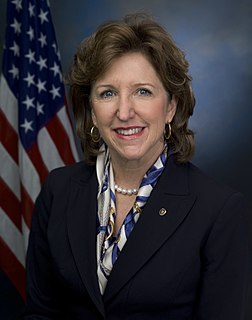A Quote by Wen Jiabao
Inappropriate macro economic policies in some economies, characterised by [a] low savings rate and high consumption [and] failure of financial supervision and regulation to keep up with innovation which allowed financial derivatives to spread.
Related Quotes
From the 1990s onward, the financial sector created a vast array of instruments designed to separate investors from their money, financial derivatives of an ever-increasing level of complexity. At some point, this complexity reached a point where even the creators of the derivatives themselves didn't understand them.
It's clear that there has to be some play between the vitality of invention in economic life and some regulation of it, and in some ways the great ideological wars of the 20th century that cost so many lives had to do with whether to have managed economies directed by government or economies directed by the free movement of capital, which is only partially subject to government regulation.











































